The research proposal is about the why, what, where, how, how much and when questions of your research.
Before you can start your research, you write a research proposal that has to be approved of by the first and the second reader. This proposal should provide clear and realistic answers to the WHY, WHAT, WHERE, HOW, HOW MUCH and WHEN questions related to your particular research. The why and what are connected to the purpose of the research and together form the problem statement. The overview below lists the elements that are commonly found in the research proposal for a Master’s thesis.
Introduction of the subject: why did you choose this topic? Why is it relevant to investigate this?
Each subject may be approached from a variety of angles. The problem statement provides a closer demarcation of the subject. In the problem statement, a further distinction is frequently made between the aim or the objective of the research, and the presentation of the question. The aim or objective of the research is related to the WHY of the study; the presentation of the question is about what knowledge is necessary to reach the aim or objective already given. In other words: What exactly is going to be investigated?
In the research proposal for your Master’s thesis, any restrictions relating to the problem statement should be made explicitly clear, for example restrictions in time and space.
The problem statement of a scholarly enquiry is always embedded within a theoretical framework. Which theory is investigated? Which model are we trying to fit, or which hypothesis is tested? This means that a short overview or review of relevant literature should be provided. Therefore, a list of references, with the correct bibliographical information, should also form an integral part of the proposal.
If the study is to include an empirical investigation of a theory, model or hypotheses, the research plan should make clear exactly how the theory, the model or the hypotheses will be investigated, fitted or tested. What methods and/or data analysis techniques will be used? There are many possibilities here, varying from qualitative to quantitative or statistical. The expression “empirical” should here be understood in a wide sense, including for instance archive or newspaper research, an analysis of samples of respondents to a telephone survey, secondary analysis of existing data files, etc.
The research proposal should also contain a realistic timetable.
If you want to know more about research proposals, have a look on our bookshelves. There you can find binders with additional information on writing a research proposal. If you want to use quantitative data analyses techniques, the data-analyseplan (in Dutch), written by Prof. Pieter Kroonenberg, may be helpful.
Last Modified: 26-08-2015


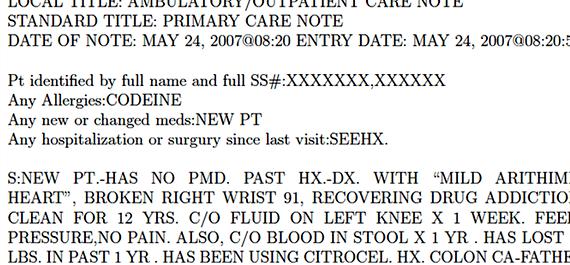


 Face recognition system thesis proposal
Face recognition system thesis proposal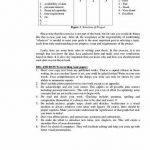 Church architecture thesis proposal titles
Church architecture thesis proposal titles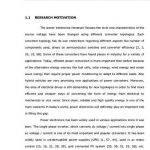 Solar inverter design thesis proposal
Solar inverter design thesis proposal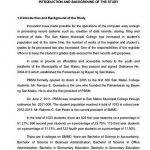 System title for thesis proposal
System title for thesis proposal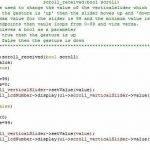 Adam murdough crisis thesis proposal
Adam murdough crisis thesis proposal






